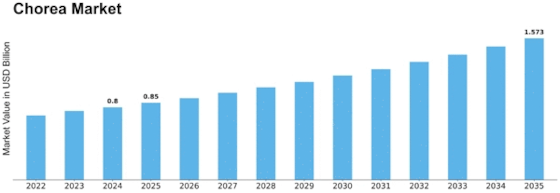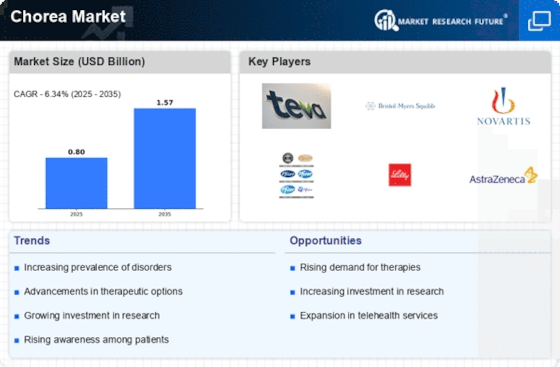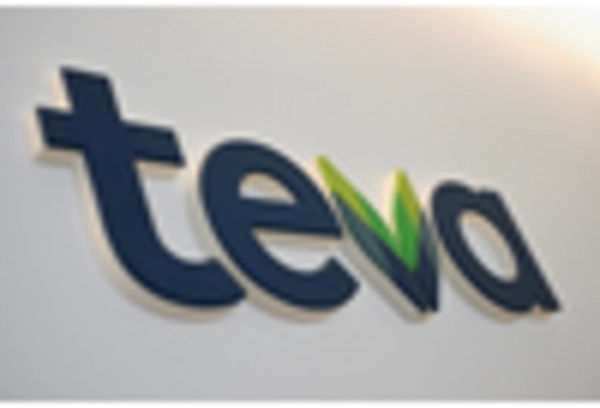Chorea Size
Chorea Market Growth Projections and Opportunities
The CHOREA market is a dynamic sector influenced by various market factors that shape its growth and trends. CHOREA, or Creative Home Organization and Efficiency Accessories, encompasses a range of products designed to enhance home organization and efficiency. Understanding the market factors driving its dynamics is crucial for stakeholders to navigate this evolving landscape. The market is very dynamic and changes quickly with the preference of these changing consumer choice and life styles. Along with more people looking for both functional and fashionable solutions in terms of home organization, CHOREA products follow the design trends as a variety is one issue that the customer MUST have. Market trends are directly influenced by consumer demand, which focuses on innovation in style for the organizational accessories required. The consumers are now volatile towards social issues of environmental protection and make a conscious choice for such products which are accretive to the ecology. The CHOREA market has also responded to this since its involved in the supply of eco-friendly materials and manufacturing processes. Whereas the pursuit of sustainability becomes a source of competitive advantage for one organization, while at the same time has consumers environmentally friendly. The competition in the CHOREA market is very high because manufacturer and designers operate as competitors. Competition today within brand exists by producing specific product attributes, undercutting pricing and effective marketing. Product innovation and quality are also affected by competitive landscape; production firms compete with their rivals to grow the market forward in terms of sales. The distribution of CHOREA product through various channels act as one of the dynamic forces driving the market. Each of the traditional retail store, online shopping platforms, and special supplier locations contribute into forming consumer reachability by accessibility. One of the significant market trends that has arisen because of this shift is the online shopping as well as the direct-to-consumer models. The culture of society influences the various elements like values and eating behavior which undergoes transformations in response with CHOREA products. As such, within the context of certain regions and communities, there may be feature organizational needs and demands as well as aesthetic tastes; these would influence local product lines to suit different cultural universes. The chorea market is regulated by a number of product safety issues that result in concerns associated with the products, labels, and environmental standards. Compliance with these guidelines is thus critical in that market players must establish confidence from customers while staying away custodies to avoid lawsuits. Changes in the regulations can affect product development and manufacturing production lines. External events, such as global pandemics or geopolitical shifts, can have a profound impact on the CHOREA market. Supply chain disruptions, changes in consumer behavior, and economic uncertainties stemming from such events can influence market trends and reshape industry dynamics.



















Leave a Comment